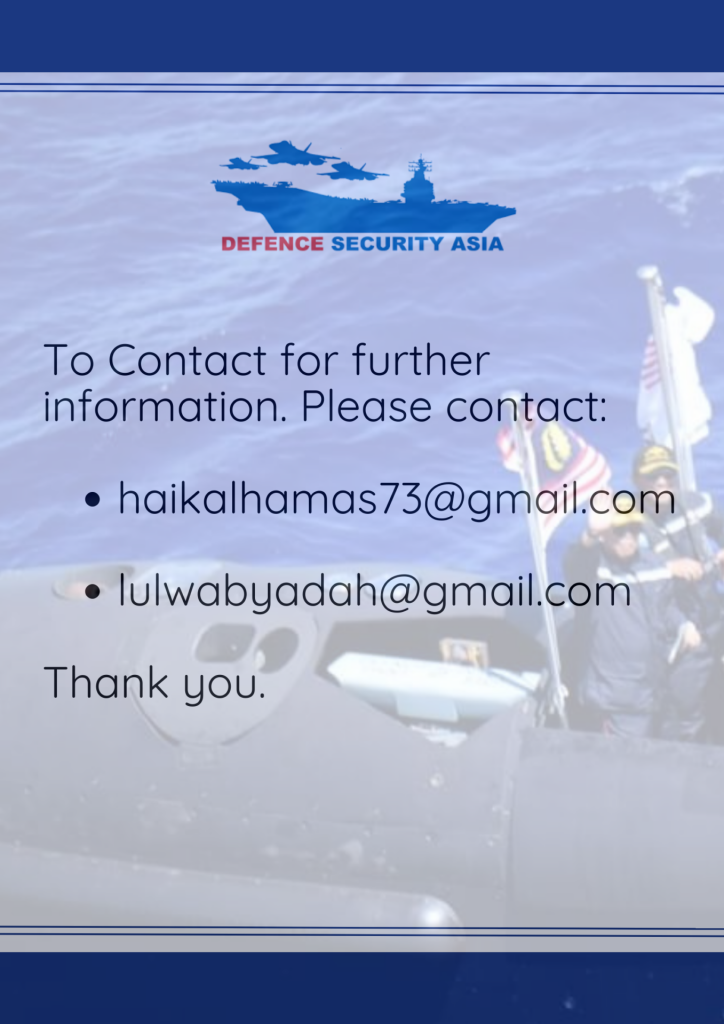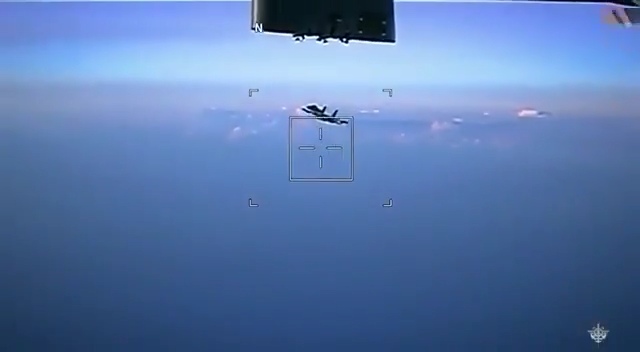(VIDEO) Moscow-Paris Showdown Intensifies: Russian Su-35 Accused of Reckless Aerial Confrontation with French Drone
(VIDEO) In a statement on X (formerly Twitter), French Minister of the Armed Forces Sébastien Lecornu accused a Russian Su-35 fighter jet of carrying out dangerous aerial maneuvers against a French drone flying in **international airspace over the eastern Mediterranean. The incident has further fueled tensions between Paris and Moscow, highlighting the growing geopolitical friction in the region.
(DEFENCE SECURITY ASIA) –The skies over the eastern Mediterranean have become yet another battlefield between Russia and France, as a Russian Su-35 fighter jet executed aggressive and provocative maneuvers against a French MQ-9 Reaper drone on a surveillance mission in international airspace.
This high-stakes aerial encounter has further ignited tensions and deepened hostilities between the two nations.
With relations already on a razor’s edge due to the ongoing Ukraine war, Paris—led by President Emmanuel Macron—has been one of Kyiv’s staunchest allies against Moscow’s invasion.
Now, the confrontation in the Mediterranean adds fuel to the fire, pushing diplomatic friction to dangerous new heights.
French Minister of the Armed Forces Sébastien Lecornu did not hold back, directly accusing the Russian Su-35 of reckless and perilous maneuvers against the French drone.
In a statement on his official X (formerly Twitter) account, Lecornu condemned the Su-35’s actions as a brazen challenge to international air safety.
Video Player
00:00
00:00
The March 2 incident unfolded with alarming intensity, as the MQ-9 Reaper, engaged in a high-stakes reconnaissance mission, suddenly found itself stalked by the Russian fighter.
The Su-35 closed in at an extremely dangerous proximity, putting the drone at severe risk of losing control—a move seen as an undeniable act of intimidation.
Lecornu’s verdict was unequivocal: this was an “aggressive, deliberate, and utterly unacceptable act.”
With tensions now spiraling further, the incident raises serious geopolitical stakes and underscores the increasingly volatile showdown between Moscow and Paris on multiple fronts.
“On Sunday, March 2, a Russian Su-35 fighter jet recklessly endangered a French Reaper drone conducting a surveillance mission in international airspace over the eastern Mediterranean.”
“The jet executed three dangerously close flybys, coming within an extremely hazardous proximity to the drone—an unmistakable attempt to restrict free air navigation in international zones.”
“This action was not only intentional but also unprofessional and hostile—completely unacceptable,” Lecornu stated.
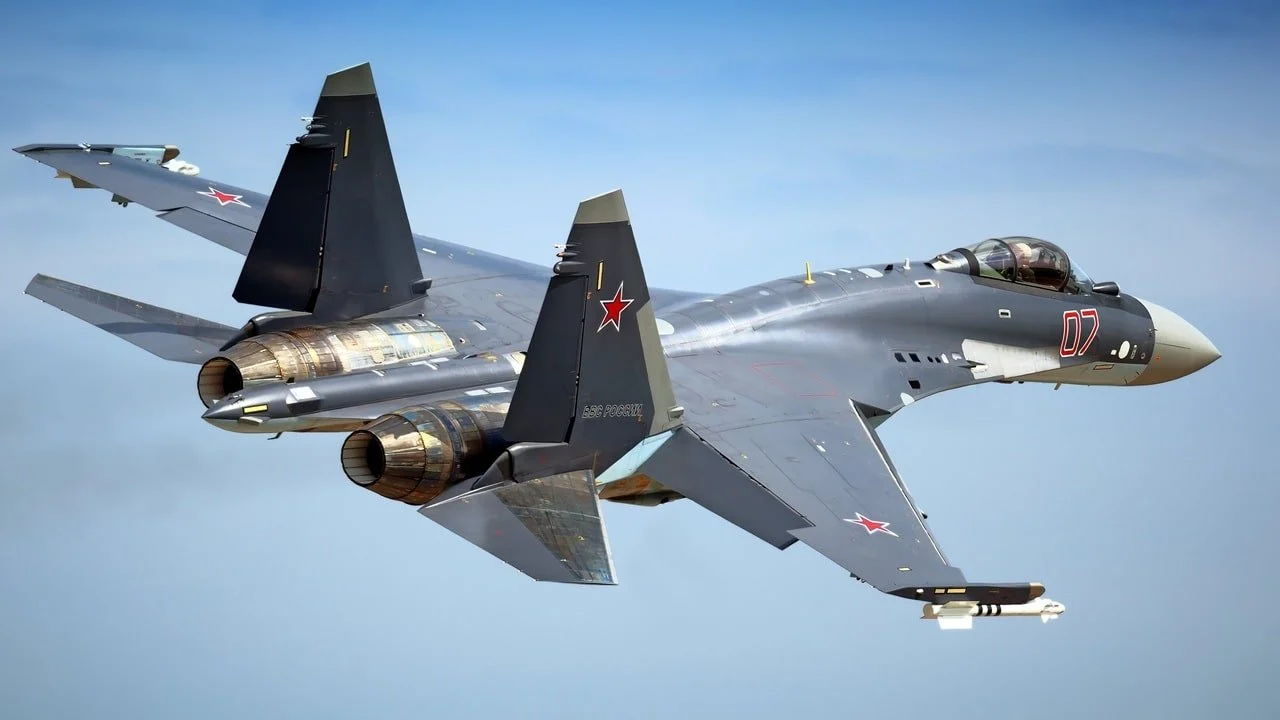
The minister reaffirmed that France will remain resolute in defending the freedom of navigation in international air and maritime domains.
The French military has not disclosed the precise location of the incident, other than confirming it occurred in the eastern Mediterranean. Details regarding the drone’s mission also remain classified.
However, Lecornu emphasized that such provocations reflect Moscow’s broader strategy to challenge the freedom of navigation in international airspace—a claim that echoes repeated Western complaints about Russia’s increasingly aggressive aerial conduct.
The March 2 incident marks the second confrontation between Russia and France in recent months.
On the night of January 15-16, a French Navy Atlantique 2 maritime patrol aircraft was reportedly “locked on” by the fire-control radar of a Russian S-400 air defense system while conducting a mission over the Baltic Sea.
The Russian S-400 system, believed to be stationed in Kaliningrad, was likely monitoring NATO air assets operating in the region. Kaliningrad, a heavily militarized Russian exclave, is geographically separated from mainland Russia and borders NATO members Poland and Lithuania.
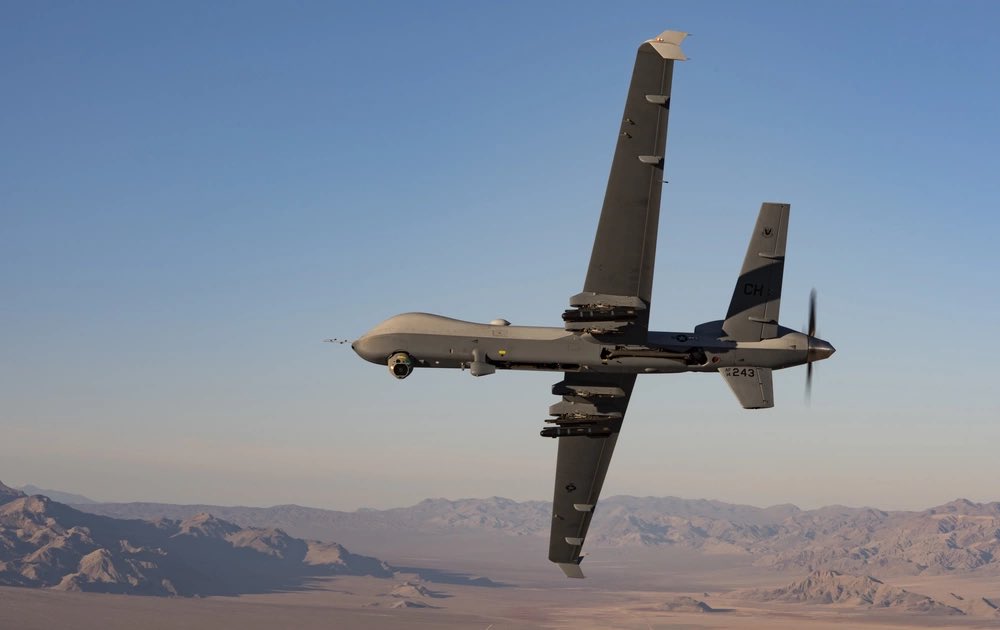
“On Wednesday night, a French Navy Atlantique 2 patrol aircraft became the target of a Russian provocation,” French Defense Minister Sébastien Lecornu stated on X.
“The aircraft was on a routine NATO patrol over the Baltic Sea, when it was targeted by the fire-control radar of a Russian S-400 air defense system.”
Lecornu strongly condemned the incident, emphasizing that “Russia’s aggressive actions are unacceptable.
Our armed forces will continue to safeguard the freedom of navigation in international air and maritime spaces.”
French military sources further reported that the maritime patrol aircraft may have also been subjected to electronic warfare (EW) interference by Russian forces.
At the time of the “lock-on” incident, the Atlantique 2 aircraft, which had taken off from its base in Brittany, northern France, was conducting surveillance and reconnaissance operations near Swedish waters and the Baltic Sea.
The Baltic Sea remains a key operational theater for NATO surveillance missions, with the Atlantique 2 regularly patrolling alongside other NATO reconnaissance aircraft.
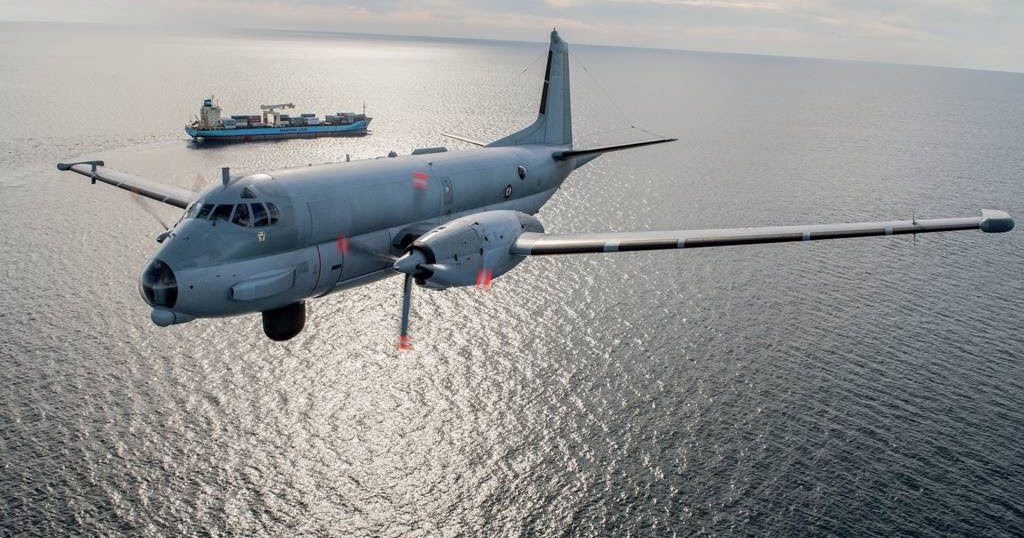
From this vantage point, NATO forces closely monitor Russian naval and aerial movements, including military activities in Kaliningrad, the heavily fortified Russian enclave situated between Poland and Lithuania.
The French maritime patrol aircraft is equipped with a suite of advanced surveillance systems and can also be armed with cruise missiles and torpedoes. However, it remains unclear whether the aircraft was carrying any weaponry during the January 15-16 incident.
The recent aerial confrontations between Russia and France underscore the growing volatility in both the Mediterranean and Baltic regions, as Moscow continues to challenge NATO forces and exert its military influence in strategically critical areas.
— DEFENCE SECURITY ASIA
